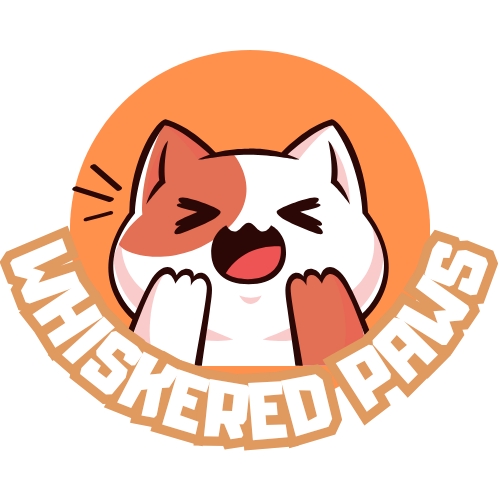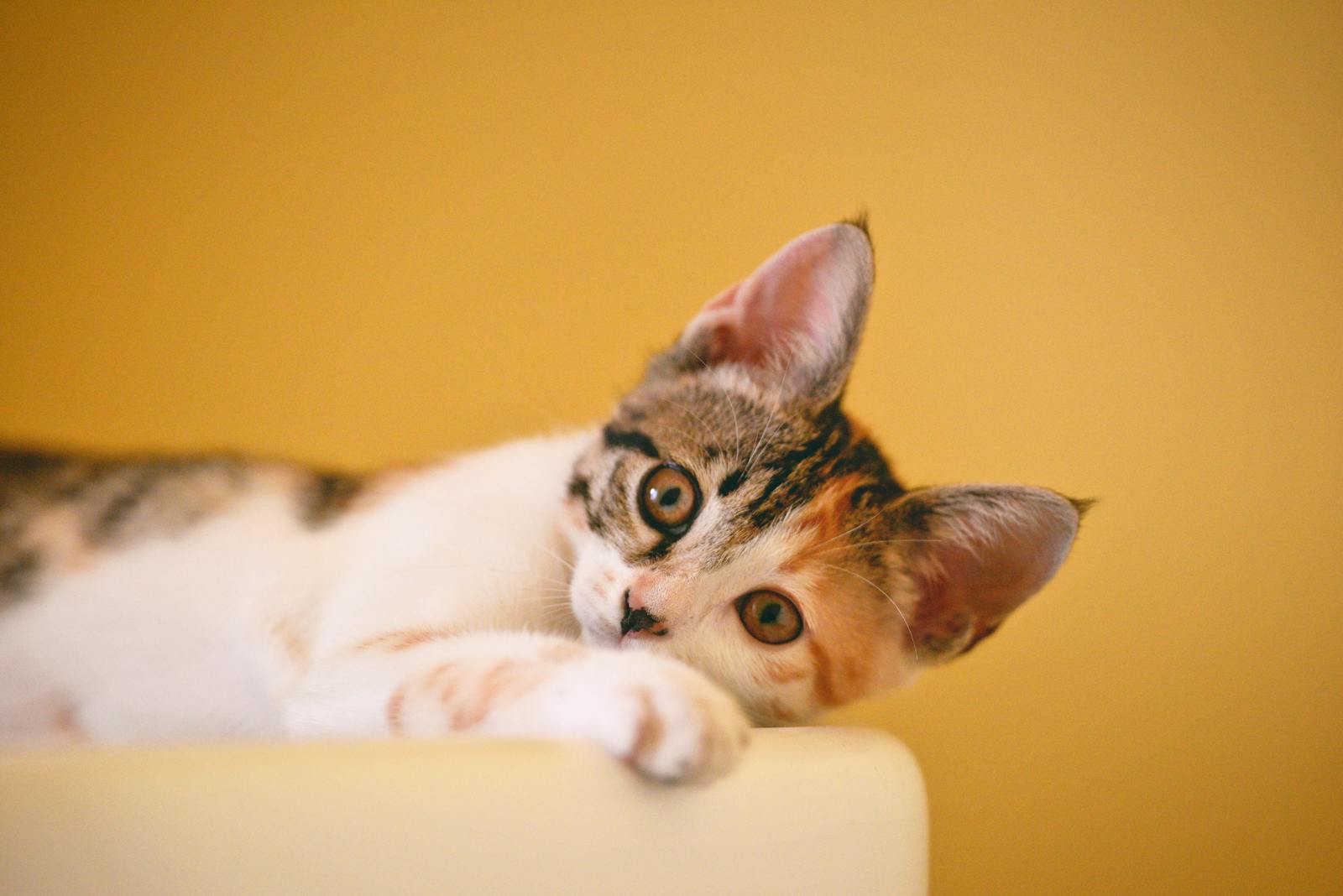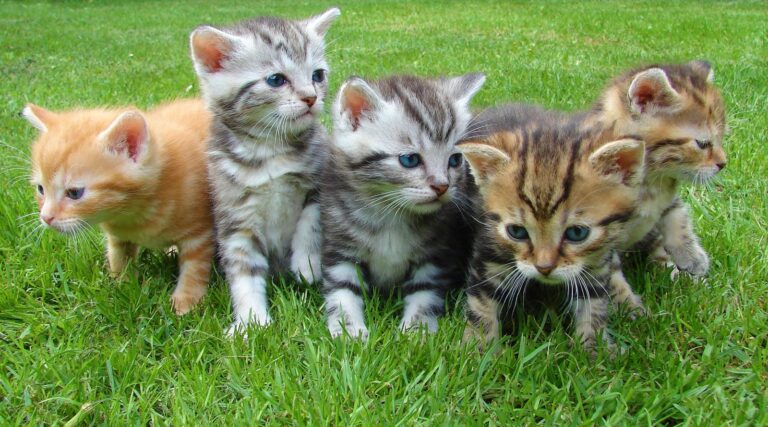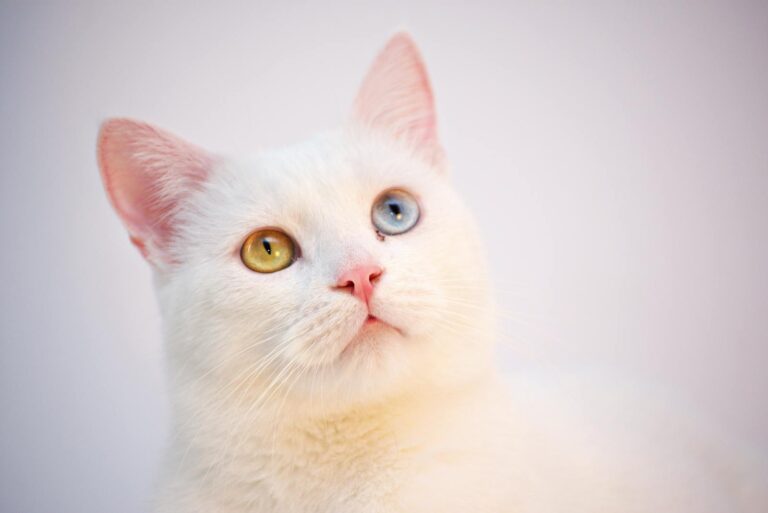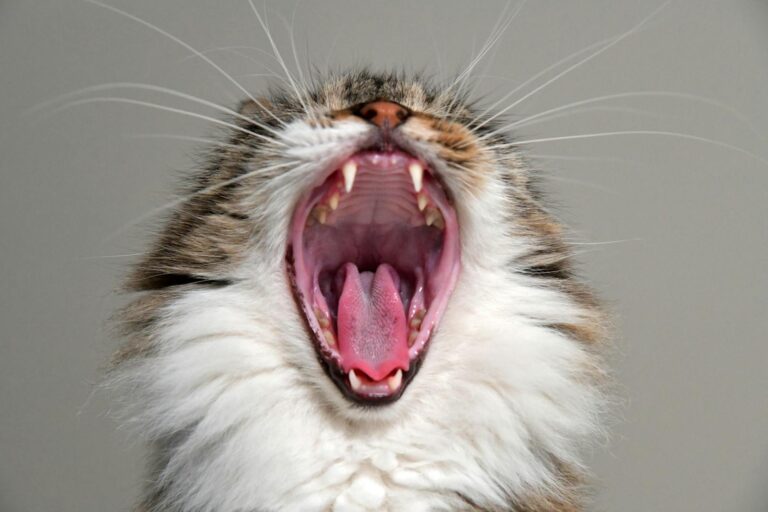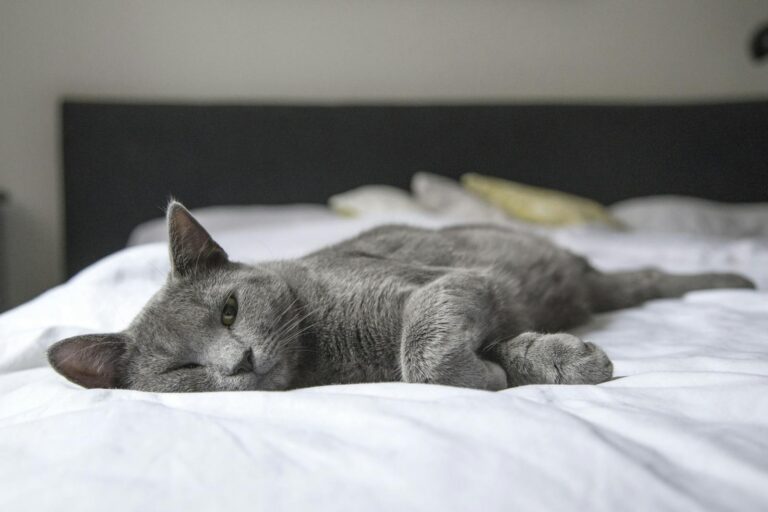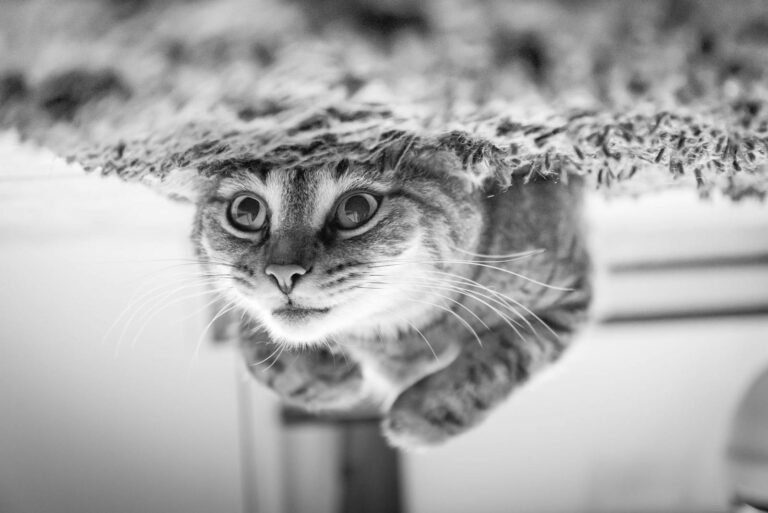What Is the Best Diet for Senior Cats?
When it comes to our feline companions, ensuring they have the best diet as they age is crucial. As cats transition into their senior years, their nutritional needs evolve, and it’s essential to understand what these requirements are. So, what is the best diet for senior cats? This article explores various aspects of senior cat nutrition, providing insights and guidance to help you make informed choices for your beloved pet.
Understanding the Nutritional Needs of Senior Cats
As cats age, their metabolism changes, and so do their dietary needs. Senior cats often require different nutrients compared to younger cats, making it vital for owners to grasp these variations fully. The right nourishment can not only enhance their quality of life but also prolong their vitality.
Age-Related Changes in Nutrition
Senior cats usually reach this stage around 7 years of age, though this can vary by breed and individual health. One significant change that occurs over time is a decline in muscle mass and an increase in body fat. Consequently, senior cats may need diets lower in calories yet rich in high-quality protein.
This shift is primarily due to:
- Reduced activity levels
- Slower metabolism
- Potential dental issues leading to difficulties in consuming certain foods
These factors contribute to the need for a carefully curated diet that addresses their changing bodies while keeping them healthy.
Essential Nutrients for Older Cats
The key to a well-balanced diet for senior cats lies in understanding which nutrients are essential for their health. Some of these include:
- High-quality proteins: Vital for maintaining muscle mass.
- Omega fatty acids: Beneficial for skin and coat health and can also support cognitive function.
- Antioxidants: Help combat oxidative stress and promote a healthy immune system.
- Fiber: Aids digestion and helps manage weight issues.
By focusing on these critical components, you can create a balanced diet that caters to your senior cat’s unique needs.
Importance of Hydration
Hydration is another paramount aspect of senior cat health. Many older cats suffer from kidney issues, making fluid intake particularly critical. Ensuring your cat has continuous access to fresh water and considering moisture-rich food sources can significantly aid hydration.
Feeding wet food or incorporating water into dry meals can encourage better fluid consumption, supporting overall health.
Key Ingredients to Look for in Senior Cat Food
When choosing food for your aging feline, recognizing the right ingredients is paramount. Reading labels carefully and understanding what constitutes a healthy diet will empower you to make the best decisions.
Protein Sources
Quality protein sources should be at the forefront of any senior cat diet. Look for:
- Real meat (chicken, turkey, fish) as the first ingredient
- Limited fillers like corn and soy, which provide little nutritional value
A diet rich in animal-based proteins supports muscle maintenance and general wellness for senior felines.
Healthy Fats
Fats are not just calorie-dense; they also provide essential fatty acids that benefit your cat’s overall health. Look for:
- Omega-3 and Omega-6 fatty acids, which can promote heart health and improve skin and coat conditions
- Moderate fat content to prevent obesity, especially given the tendency for seniors to be less active
Finding a balance between healthy fats and caloric intake is critical in formulating a suitable diet.
Fiber and Digestive Health
As mentioned earlier, fiber plays a crucial role in aiding digestion for older cats. When evaluating cat food, consider:
- Whole grains like brown rice and oatmeal, which can provide necessary fiber
- Prebiotics and probiotics that support gut health and regulate digestion
Including these elements can help with common digestive concerns such as constipation, which many senior cats experience due to decreased mobility.
Joint Support Ingredients
Many older cats develop joint problems, including arthritis. Therefore, selecting food enriched with joint-supportive ingredients can prove beneficial. Look for foods containing:
- Glucosamine and chondroitin, known to bolster joint health
- Antioxidants like vitamin E and C, which may alleviate inflammation
Incorporating these into your senior cat’s diet can help maintain mobility and comfort as they age.
Wet vs. Dry Food: Which is Best for Older Cats?
The age-old debate of wet versus dry cat food becomes particularly relevant when feeding senior cats. While both types offer distinct advantages and disadvantages, understanding their impact on senior health can help pet owners make educated decisions.
Benefits of Wet Food
Wet food provides numerous benefits for senior cats. Here’s why it may be the better choice:
- Enhanced hydration: High moisture content can support kidney health and prevent dehydration.
- Easier to chew: Soft texture makes it more palatable for cats that have dental issues or loss of teeth.
- Higher protein content: Many wet foods tend to have higher protein concentrations, which is essential for maintaining muscle mass.
For senior cats, these factors can make wet food a compelling option.
Advantages of Dry Food
While wet food holds several advantages, dry food also possesses its merits:
- Convenience and storage: Dry food is easier to store and measure, making feeding routines hassle-free.
- Dental benefits: Crunchy kibble can aid in reducing tartar buildup, promoting oral health.
- Cost-effectiveness: Generally, dry food tends to be less expensive than its wet counterpart, making it budget-friendly.
Depending on your cat’s preferences and health needs, opting for high-quality dry food can still be a viable choice.
A Balanced Approach
An ideal solution might be to incorporate both wet and dry food into your senior cat’s diet. This approach allows you to benefit from the advantages of each type, ensuring your cat receives adequate hydration, nutrition, and variety. Monitor your cat’s response to the changes, and adjust accordingly to find the best balance that suits their preferences.
Addressing Common Health Concerns with Diet
Senior cats may become susceptible to various health issues, ranging from obesity to kidney disease. Understanding how diet can play a pivotal role in managing these concerns is essential for every cat owner.
Weight Management
Obesity is a significant concern among senior cats, often resulting from reduced activity levels combined with increased calorie intake. To manage weight effectively:
- Focus on portion control: Measure servings based on your cat’s ideal weight, and avoid free-feeding.
- Select low-calorie options: Choose senior cat food formulated specifically for weight management.
- Encourage physical activity: Engage your cat in gentle play to keep them active without overexertion.
By being vigilant about weight management, you can prevent complications related to obesity and ensure your cat remains healthy.
Kidney Health
Kidney disease is prevalent in older cats, necessitating specific dietary considerations. To support kidney health:
- Offer high-quality protein with moderate phosphorus levels to reduce strain on the kidneys.
- Ensure adequate hydration through wet food or additional water intake.
- Watch for signs of kidney issues like increased thirst or urination, and consult your veterinarian if observed.
A tailored diet that focuses on kidney support can help maintain your cat’s quality of life during their senior years.
Dental Care
Oral health impacts a cat’s overall wellbeing, especially in seniors. Poor dental hygiene can lead to pain and systemic health issues. To maintain good dental health:
- Incorporate dental treats or toys that help clean teeth.
- Regular veterinary check-ups for professional cleanings and examinations.
- Consider using soft food if dental issues arise, ensuring nutrition is maintained without compromising comfort.
Being proactive in addressing dental health can minimize future health complications and enhance your cat’s longevity.
Transitioning Your Cat to a Senior-Specific Diet
Transitioning your cat from adult to senior food isn’t merely a matter of switching brands. It requires a thoughtful approach to ensure your cat adapts smoothly.
Gradual Introduction
To prevent gastrointestinal upset, gradually introduce new food over a week or two. Start by mixing small amounts of the new food with the current diet, slowly increasing the proportion of senior-specific food.
Observe your cat’s reaction closely during this period. Signs of discomfort or refusal to eat may indicate that adjustments are needed, perhaps by modifying the transition timeline or addressing any potential issues with the new food.
Identifying Preferences
Cats can be finicky eaters, particularly as they age. Experiment with different flavors and textures to determine what your senior cat prefers.
For instance, if your cat enjoys wet food but is particular about flavors, find options that suit their tastes. Additionally, you might discover that combining wet and dry foods yields the best results, providing the benefits of both while catering to their palate.
Monitoring Health During Transition
Keep track of your cat’s health and behavior during the transition phase. Pay attention to any changes in energy levels, appetite, stool consistency, or other behavioral patterns. If any concerning symptoms arise, consult your veterinarian for advice on necessary adjustments to the diet plan.
Staying observant during this period will facilitate a seamless transition while ensuring your cat remains comfortable and healthy.
Consulting Your Veterinarian: A Personalized Approach
Every cat is unique, and personalized care is fundamental in ensuring optimal health. Consultation with your veterinarian is a vital step in determining the most appropriate diet for your senior cat.
Veterinary Guidance
Veterinarians possess the expertise to evaluate your cat’s health comprehensively. Through regular check-ups, they can assess weight, dental health, and overall condition, providing valuable insights tailored to your pet’s needs.
When discussing diet with your veterinarian, consider bringing along:
- Details of your cat’s current diet
- Any noticeable changes in behavior, weight, or health
- Specific concerns you may have regarding your cat’s eating habits
By openly sharing these observations, your veterinarian can recommend tailored dietary adjustments and monitor progress effectively.
Customized Diet Plans
Depending on your cat’s health status, your veterinarian may suggest specialized diets formulated to address particular issues. These could include:
- Prescription food for kidney disease
- Low-calorie formulas for overweight cats
- Diets fortified with joint supplements for arthritic cats
Ultimately, a customized plan will take into account both the nutritional needs of your cat and any existing health concerns, promoting long-term wellness.
Ongoing Communication
Maintaining open lines of communication with your veterinarian is essential. As your cat ages, their dietary needs may continue to evolve, requiring ongoing reevaluation of their diet. Regular consultations can help ensure that you’re always aligned with the best course of action for your senior feline.
Conclusion
In conclusion, understanding what is the best diet for senior cats entails acknowledging their evolving nutritional needs, recognizing key ingredients, and addressing common health concerns through diet. Choosing between wet and dry food, transitioning to a senior-specific diet, and consulting with a veterinarian all play crucial roles in optimizing your cat’s health as they age. By taking a thoughtful and informed approach, you can provide your feline companion with a nourishing and satisfying diet that enhances their quality of life during their senior years.
